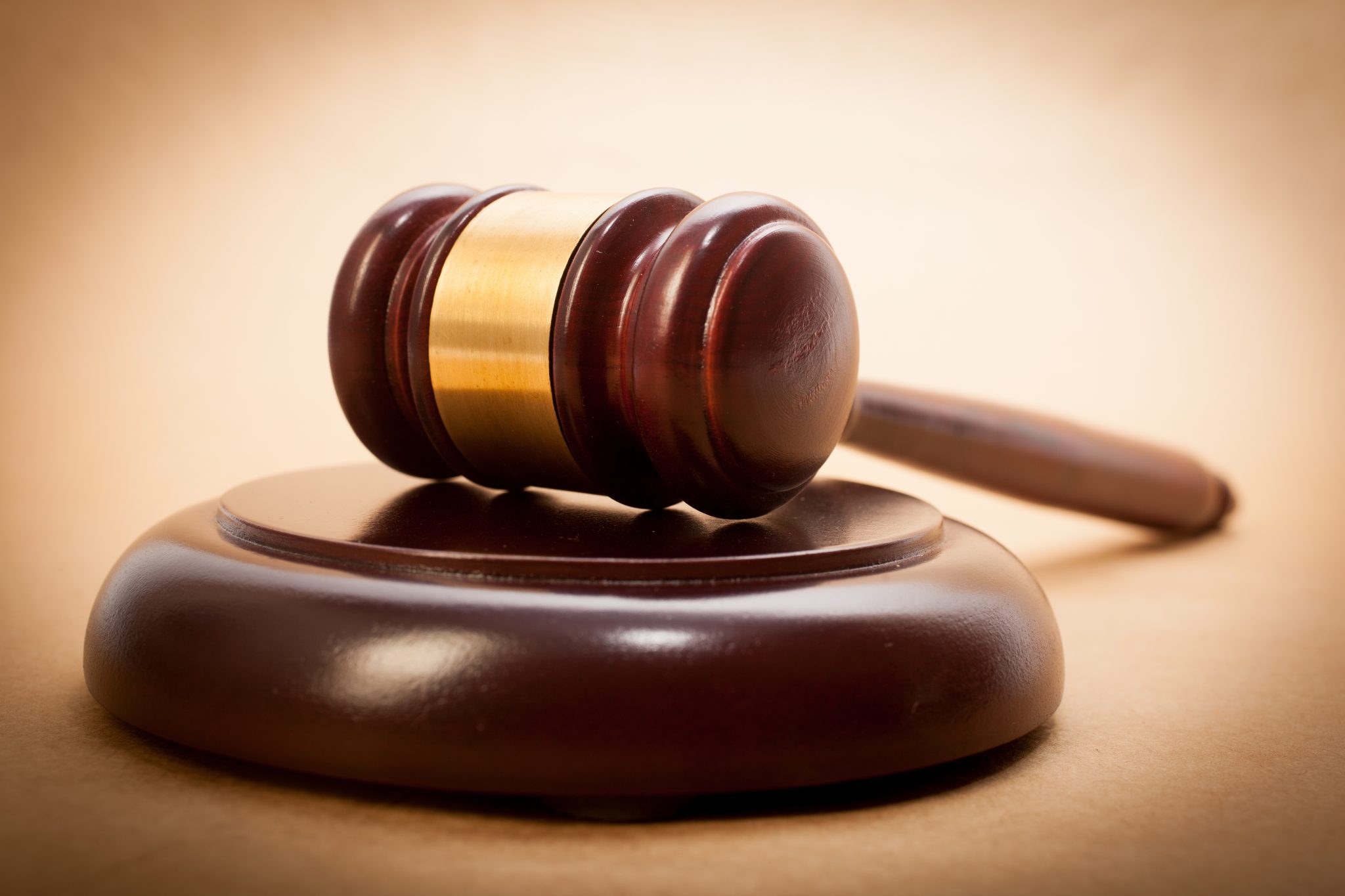Vancouver, B.C. [October 21]—The B.C. Supreme Court has ruled in favour of a group of homeless people challenging municipal bylaws that displace them from public spaces.
In a decision delivered today, Chief Justice Christopher Hinkson found that City of Abbotsford bylaws prohibiting homeless people from sleeping in public places violate Section 7 of the Charter, which protects individuals’ safety and security of person. He also denied the City’s request seeking a permanent ban on homeless camping.
“Bylaws passed by the City which prohibit sleeping or being in a park overnight without permits or erecting a temporary shelter without permits violate the guarantee the right to life, liberty and security,” Chief Justice Hinkson wrote in his decision.
In striking down the bylaws, the BC Supreme Court ruling recognizes the right to public space and represents a crucial first step in establishing a right to housing in Canada.
“This is a tremendous victory for the homeless population in Abbotsford – whose rights to a safe place to sleep has been established – and for all homeless people in Canada,” says DJ Larkin, lawyer for Pivot Legal Society. “For too long, the federal and provincial governments have passed responsibility for managing our national homeless crisis to cities. This decision acknowledges that this approach has failed. The time is now to enact a national right to housing.”
Pivot Legal Society represented the group of homeless people in their lawsuit challenging City of Abbotsford bylaws prohibiting sleeping in a park overnight, erecting a basic survival structure, or even sleeping in a car. The case, BC/Yukon Association of Drug War Survivors (DWS) v City of Abbotsford, was heard during a six-week trial that ended August 6, 2015.
During the trial, the Court heard from several homeless residents who detailed how municipal bylaws have been enforced to displace people sheltering in public spaces despite the fact that many have no other options for shelter. Testimonies describe how homeless campers have had tents pepper sprayed by police, had chicken manure dumped on their camp, and been subjected to countless other displacement tactics that put their lives at risk.
“When you’ve set up a place to sleep for the night, someone comes along and threatens you or forces you to leave,” says Harvey Clause, a member of DWS who testified during the trial. “It’s no way to live. It’s tiring, to be forced to move every day or every night when you’re cold and wet and have no place to go. I hope the Court’s decision is a chance to get at the root causes of homelessness.”
The BCSC ruling allows people to erect shelters and sleep in the City’s public spaces and parks between the hours of 7:00 p.m. and 9:00 a.m. The decision means that homeless people can no longer be evicted from public spaces and parks during those hours.
“The constant movement of the homeless exacerbated their already vulnerable positions, as it inhibited the ability of the service providers who endeavoured to help the City’s homeless to actually locate them and provide help,” Chief Justice Hinkson in his ruling.
DJ Larkin, Pivot Legal Society, and David Wotherspoon, Fasken Martineau, represented DWS in the court action.
BC Supreme Court decision is available here
Summary of the decision is available here
Background on the lawsuit is available here
– 30 –
About Pivot Legal Society
Pivot Legal Society is a leading Canadian human rights organization that uses the law to address the root causes of poverty and social exclusion in Canada. Pivot’s work includes challenging laws and policies that force people to the margins of society and keep them there. Since 2002 Pivot has won major victories for sex workers’ rights, police accountability, affordable housing, and health and drug policy.
For additional information or to schedule an interview, please contact:
Kevin Hollett, Communications Director
778-848-3420
kevin@pivotlegal.org

